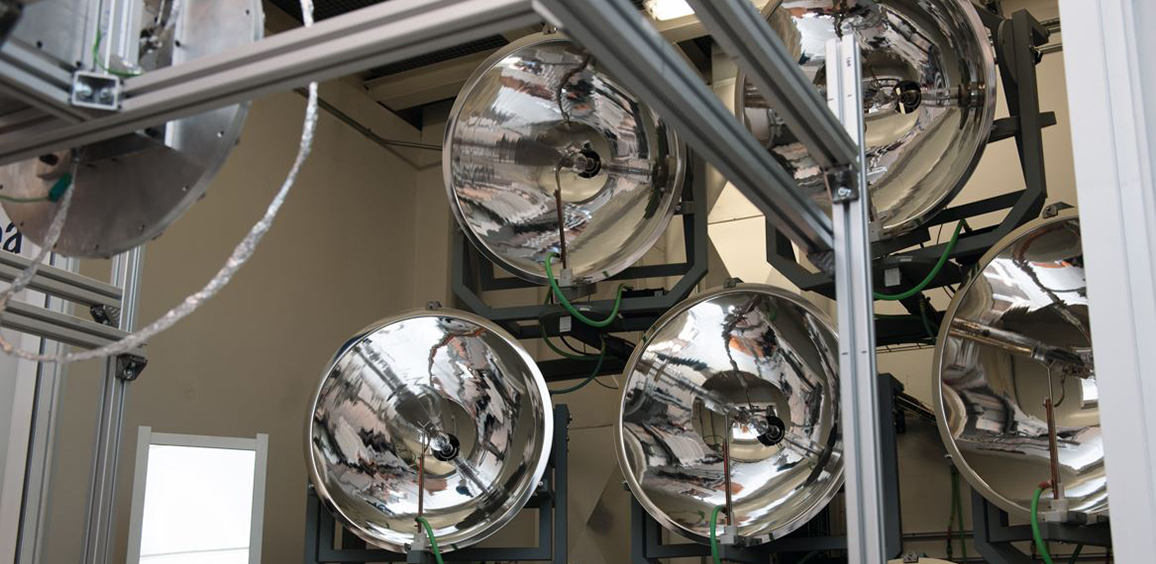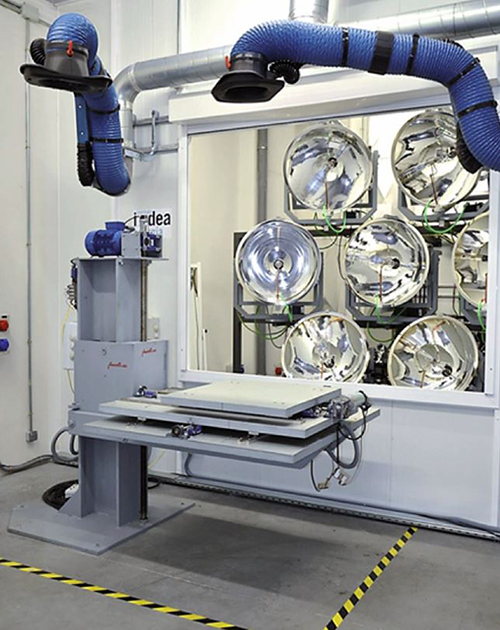Technological Offer
Indoor testing of materials, solar concentrators, receivers, PV modules and daylighting devices

Description
High-flux solar simulator (HFSS) to conduct research on synthesis and surface treatment of new materials is offered. High-flux solar simulators are specifically designed to recreate the high radiation intensity distribution usually met in concentrating solar systems. We are looking for commercial agreement with technical assistance and research cooperation agreement.
High temperature solar thermal technologies use concentrated sunlight to achieve temperatures between 300–2,000 ºC for application in thermal electricity generation, solar thermochemistry to produce fuels and commodities, or synthesis and surface treatment of materials. High concentration photovoltaic systems usually operate above 100 kW/m2. High flux solar simulators are designed to recreate the high radiation intensity distribution usually met in concentrating solar systems.
The 42kWe high-flux solar simulator is currently used for high-temperature solar thermal and thermochemical research. The installation consists of two independent rooms: a testing room and the high-flux solar simulator room, respectively; and an external control table for the management and operation of the experiment. The testing room accommodates the test benches and is equipped with several gas lines, compressed air, single and three phase electricn sockets, an independent air extraction system and internet access.
Advantages and Innovations
Compared with real solar concentrators, the high-flux solar simulators provide extremely controlled conditions and enable conducting indoor testing without any perturbation due to solar resource availability.
Flexible operation in terms of total power, heat flux distribution and working time makes this device particularly adapted to test materials, components and processes for commercial as well as research purposes.
Market Applications
- Testing materials performance at high flux/high temperatures.
- Testing solar reactors and receivers up to 14 kW incident solar power.
- Research on solar driven hydrogen production
- Solar fuels and chemicals production.
- Testing concentrating photovoltaic compact modules.
- Testing advanced thermal fluids for heat transfer and thermal storage.
- Testing daylighting devices for high flux collectors.
- Synthesis and surface modification of materials.
Contact
Félix Marín, felix.marin@imdea.org



